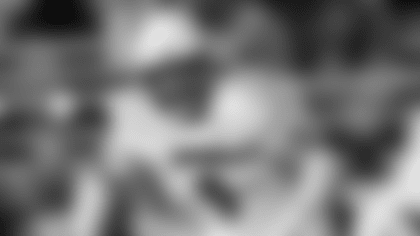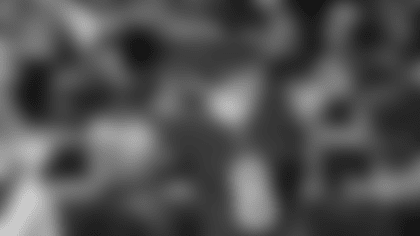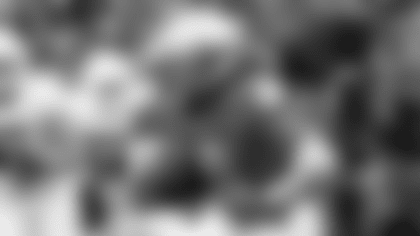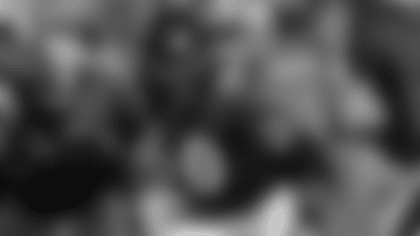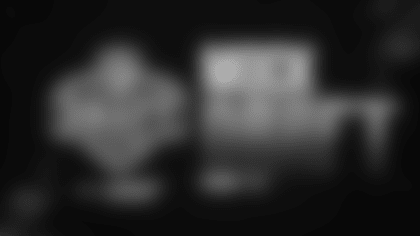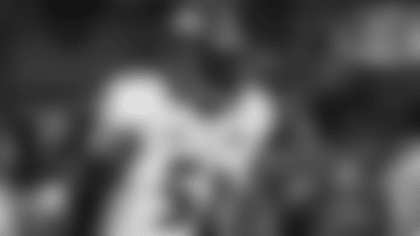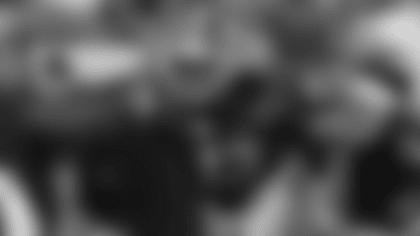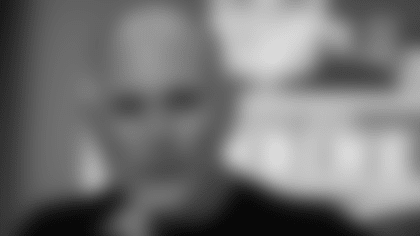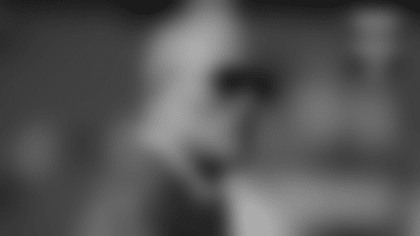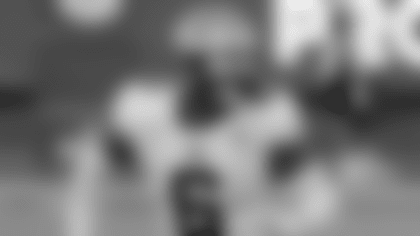If I've learned anything from watching and covering pro football for years, it's that people inside the game – players, coaches and executives -- often see things differently from the rest of us.
Their game is fast-moving, complex and capable of deceiving those on the outside. Sometimes, the cornerback trailing a touchdown pass isn't at fault as much as the safety who didn't show. Sometimes, a quarterback gets booed for throwing an interception when a receiver ran the wrong route. Sometimes, the offensive lineman who yields a sack was expecting help that didn't materialize. Fans and media rush to judgments that seem obvious but actually are wrong.
With that in mind, I had no idea what to expect when I recently asked **Ozzie Newsome** about pass interference penalties in the NFL during the just-completed season.
Newsome, the Ravens' general manager, is a longtime member of the league's competition committee, the powerhouse group that writes the rule book. To me, it seemed there were major inconsistencies from game to game, even from play to play, regarding what constituted pass interference and illegal contact; the same action that drew a flag one moment was ignored the next, with important shifts in games occurring as a result. Did Newsome agree? Or was this one of those situations that wasn't as obvious as it seemed?
Most fans surely would agree there was a problem, and it turned out this was a case where those judgments were on target. Newsome agreed.
"We have to draw a bright line," Newsome said, referring to the competition committee, "where the players, coaches and even the fans understand what pass interference is. Right now, I don't think (that bright line) is there…We need to draw it so everyone understands what it is and can say, 'That is interference,' or 'That isn't interference,' and not have 12 (officiating) crews that see it differently."
The Ravens had more trouble than most with the penalty this year, and Newsome conceded he and Ravens head coach **John Harbaugh** discussed the rule "probably every other day" and were constantly on the phone with the league office, seeking to ascertain whether certain calls were right and how the penalty should be enforced.
"I think some work can be done," Newsome said, "Is it going to be cleared up in one year? I don't know, but we're going to push it in that direction."
He cited another situation that used to stir a lot of debate – the so-called "shove out," in which a receiver catches a pass but doesn't get both feet down because he was shoved out of bounds by a defender. What was a catch? What was a force-out? It was never clear, Newsome said, until the competition committee ruled that a receiver absolutely, positively had to get both feet down to be given a catch.
"That was a bright line you saw with the force out," Newsome said, "We had no issues with it anymore. If you don't get two feet in, you're out. It took the judgment of the officials out of the game. Either you have two feet in or you're out. I think that's where we're headed with pass interference."
As for the illegal contact and pass interference rules themselves, I know the league favors offenses and scoring, but things have gotten out of hand. I almost felt sorry for the defensive backs this season. They were flagged for barely touching receivers at times, and between that and the shifting penalty standards, their jobs were borderline impossible. Watching games on Sundays, it almost became a reflex to look for a flag when a pass fell incomplete. That shouldn't be. The way pass interference is enforced on Saturdays, in college football, is simpler and fairer. The defensive backs have less to worry about, more freedom to attack. Fewer flags fall. And huge arguments don't ensue.
When I asked Newsome about that, he responded with his own question: "Do you think the Pro Bowl was a good game?" he asked, referring to the AFC's 41-34 victory in which virtually no defense was played. I believe he meant it wasn't a great game. So in other words, maybe the league's defensive backs are about to get some relief. Fewer restrictions. Clearer lines of what constitutes a penalty. Uniform standards.
It's about time.
John Eisenberg worked in the newspaper business for 28 years as a sports columnist, with much of that time coming at the Baltimore Sun. While working for the Sun, Eisenberg spent time covering the Ravens, among other teams and events, including the Super Bowl, Final Four, World Series and Olympics. Eisenberg is also the author of seven sports-themed books.



